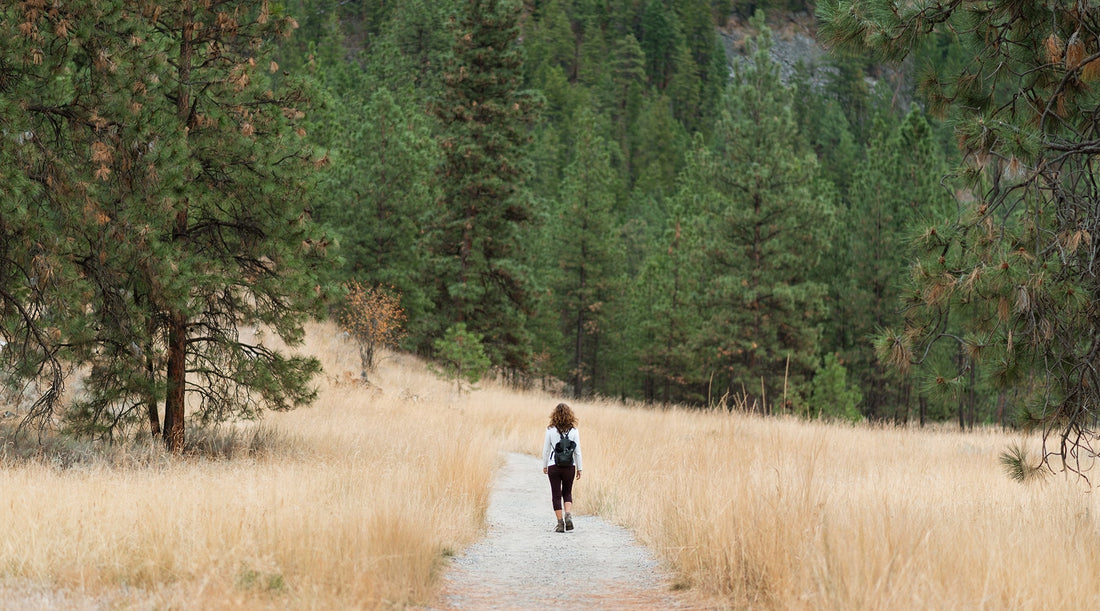Hiking or backpacking in the wilderness can be a thrilling experience, but ensuring you're well-prepared is key to a safe and enjoyable journey.
The 10 essentials of hiking serve as a comprehensive checklist, helping hikers be ready for various situations they might encounter on the trail. In this article, we'll explore each of the 10 essentials, detailing their importance and how they contribute to a safe and successful hiking experience.
The 10 Essentials
1. Navigation Tools: Accurate navigation is crucial when exploring unfamiliar terrain. Bring a map and compass, and consider a GPS device. Familiarize yourself with your route before hitting the trail, and use these tools to stay on course.
2. Sun Protection: Protecting yourself from the sun is vital during outdoor activities. Carry sunscreen with a high SPF rating, sunglasses with UV protection, and a wide-brimmed hat to shield your face and neck from harmful UV rays.
3. Insulation (Extra Clothing): Weather conditions can change rapidly, so packing extra clothing is essential. Include layers that can be easily added or removed to regulate body temperature. A waterproof jacket and thermal layers are particularly important in unpredictable climates.
4. Illumination: Carry a reliable light source, such as a headlamp or flashlight, along with extra batteries. Even if you plan a day hike, unexpected delays or changes in weather conditions may require illumination.
5. First Aid Kit: A basic first aid kit is a must-have for any hiking trip. Include bandages, adhesive tape, pain relievers, antiseptic wipes, blister treatment, and any necessary personal medications. Be familiar with the contents and know how to use them.
6. Fire Starter: In emergency situations, having the ability to start a fire can be a life-saving skill. Pack waterproof matches, a lighter, or fire starter tools to ensure you can create warmth and signal for help if needed.
7. Repair Kit and Tools: Carry a multi-tool or knife, along with any equipment needed to make field repairs to your gear. A small repair kit can help address issues with clothing, backpacks, or other equipment during your hike.
8. Nutrition (Extra Food): Always bring more food than you anticipate needing. High-energy snacks like trail mix, energy bars, and dehydrated meals are lightweight and provide essential nutrients to keep you fueled during your hike.
9. Hydration: Staying hydrated is crucial for maintaining energy and preventing dehydration. Carry an adequate supply of water and consider water purification tablets or a filter for refilling from natural sources if necessary.
10. Shelter: While not every hike requires a full shelter, having a backup plan for unexpected circumstances is important. Consider carrying an emergency space blanket, bivy, or lightweight tarp for protection from the elements.
Conclusion:
By adhering to the 10 essentials of hiking, you equip yourself with the necessary tools and knowledge to navigate the outdoors safely. Whether you're embarking on a short day hike or a more extended backpacking trip, being prepared for a range of situations ensures a positive and secure hiking experience. Regularly check and update your gear, customize your essentials based on the specific conditions of your hike, and always prioritize safety on the trail.

